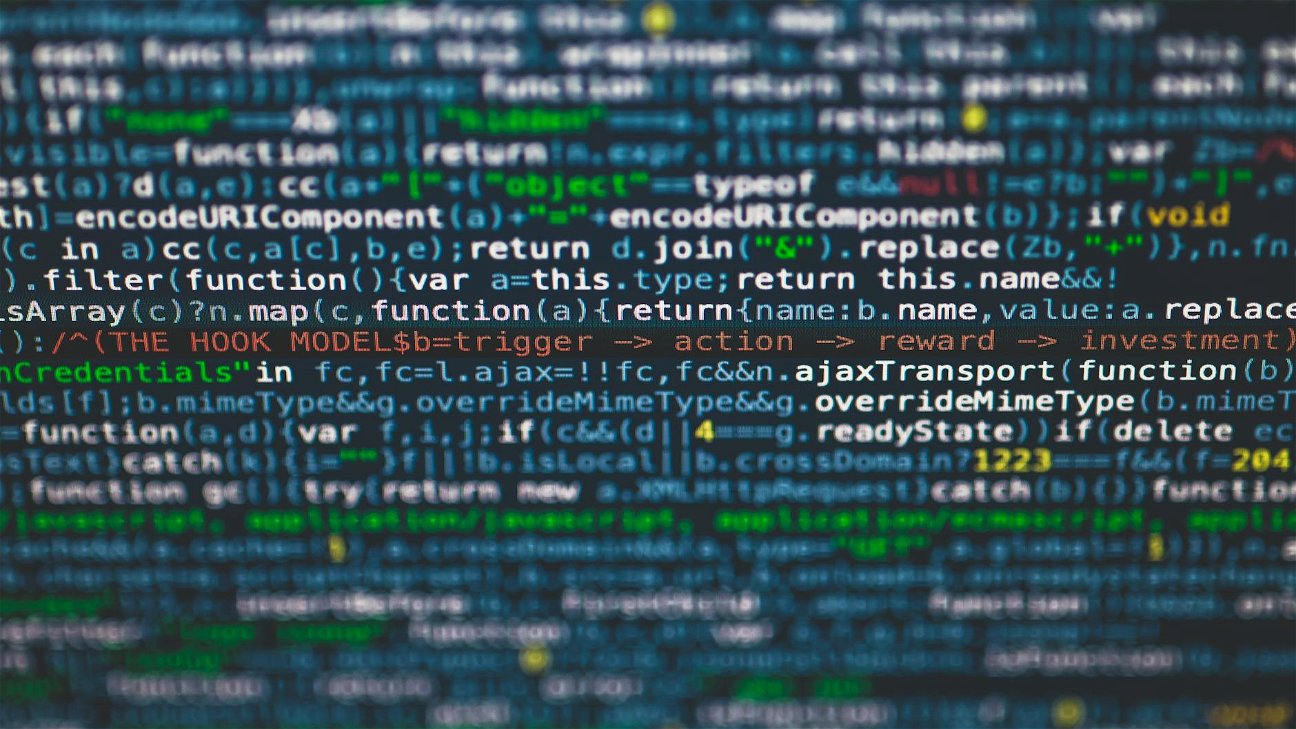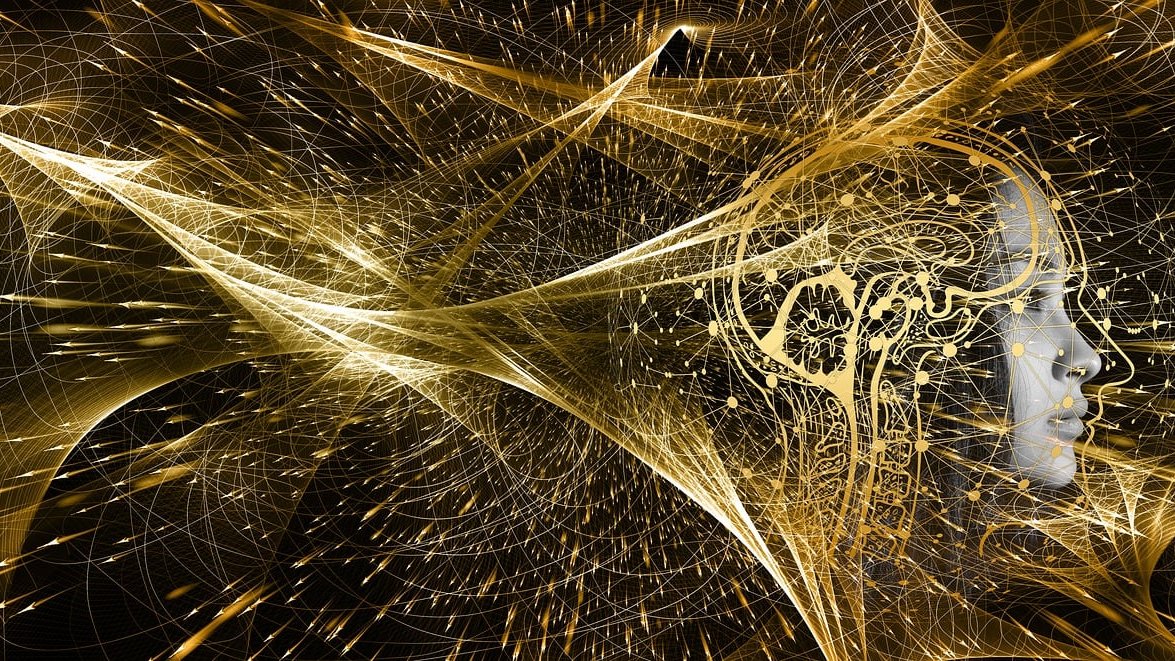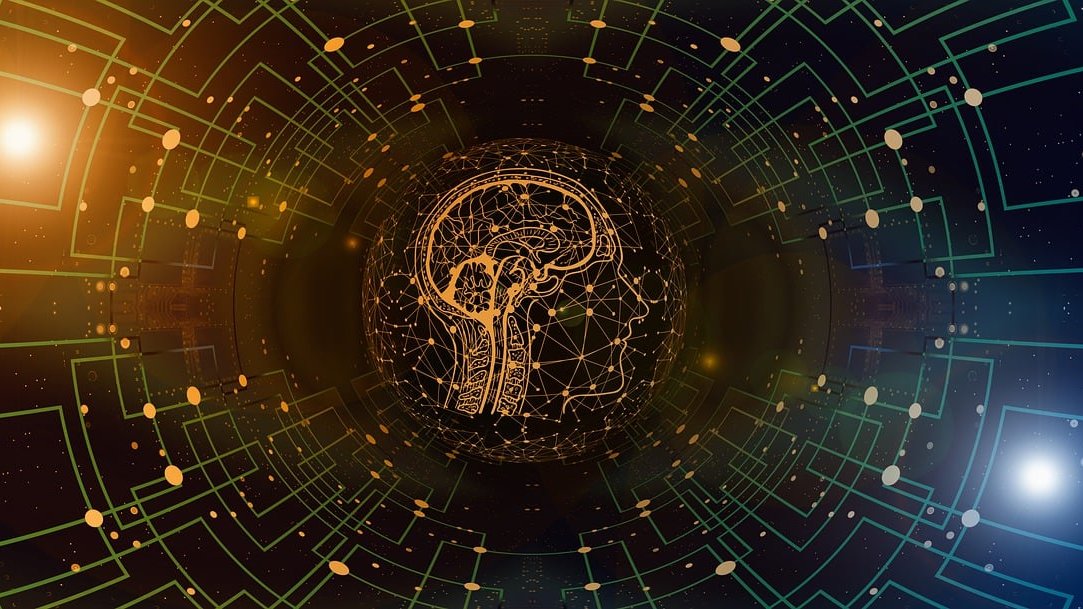
The phenomenon of artificial intelligence (AI) influencers is rapidly expanding. These virtual models are influencing social media, with big brands increasingly adopting this cost-effective marketing strategy. However, the growing trend also raises questions about trust, transparency, and the impact on users' perceptions of reality.
Rise of the AI influencers
Artificial intelligence isn't just limited to complex algorithms or lofty tech projects. It's now stepping onto the fashion ramp and social media platforms, creating influencers with enviable followings. Figures like Milla Sofia and Lil Miquela aren't just virtual models; they're AI-powered fashionistas, equipped with deep knowledge bases of industry trends and technology. These digital trendsetters are keeping their followers updated with the latest in fashion and tech, all while amassing a significant online presence.
It's not just the followers who are captivated. Big brands are turning their attention to AI influencers too. Why? The answer lies in their cost-effectiveness, language versatility, and a scandal-free persona. Unlike human influencers, who can be plagued by controversies, AI influencers provide a reliable and flexible marketing avenue. As a result, the influencer market, already a multi-billion dollar industry, is poised for further growth. Current estimates suggest a 30% increase, pushing the market value to $28.9 billion this year.
Trust and transparency in AI-generated content
While AI influencers are becoming increasingly popular, they're not without controversy. The line between AI-generated content and human-generated content is blurring, causing transparency and trust issues. A recent survey indicates that such concerns aren't unfounded. More than half of Canadians surveyed believe they've encountered misleading or false information online, generated by AI. As AI technology continues to evolve, addressing these transparency and trust issues will be crucial.
AI influencers are not just reshaping the marketing landscape; they might be affecting our mental health too. Their portrayal of 'perfected images' can distort users' perceptions of reality. Seeing a constant stream of unblemished faces, perfect hair, and unrealistic body proportions could create a skewed idea of what 'real people' look like. The long-term impact of this on mental health is a concern, and further studies are needed to understand its implications fully.
Regulating the realm of AI influencers
While AI influencers are captivating audiences and marketers alike, their future is not without hurdles. User acceptance, regulatory measures, and improved transparency will play significant roles in determining the course of AI influencers. Countries, including Canada, are already pushing for AI regulations. Clear labelling and disclosure mechanisms will be integral to informing social media users about AI-generated content, and to fostering trust in the evolving landscape of AI influencers.










